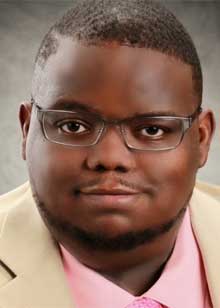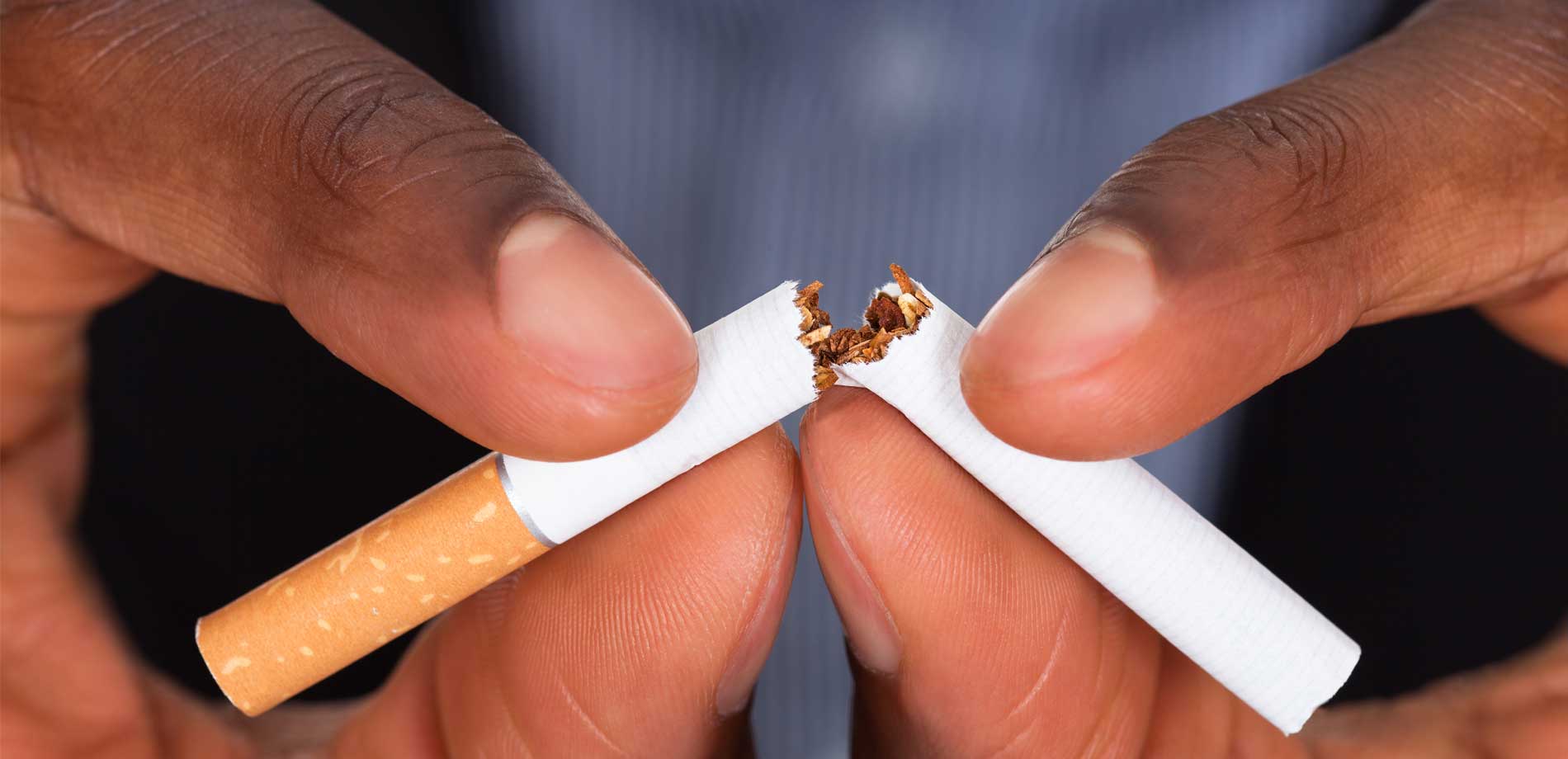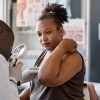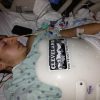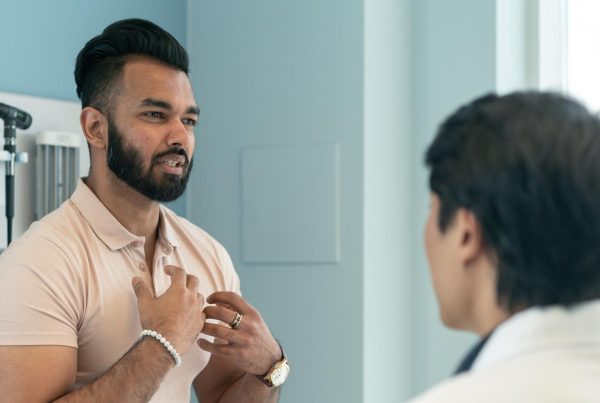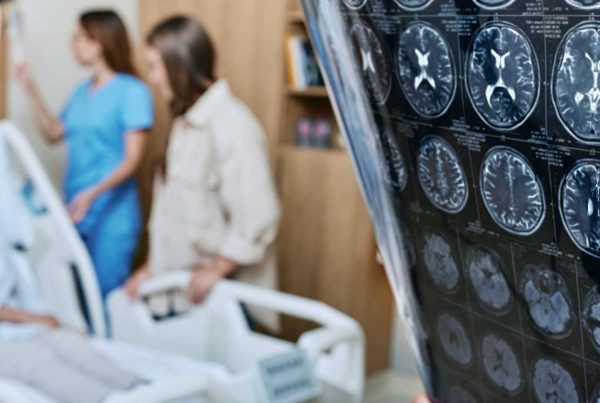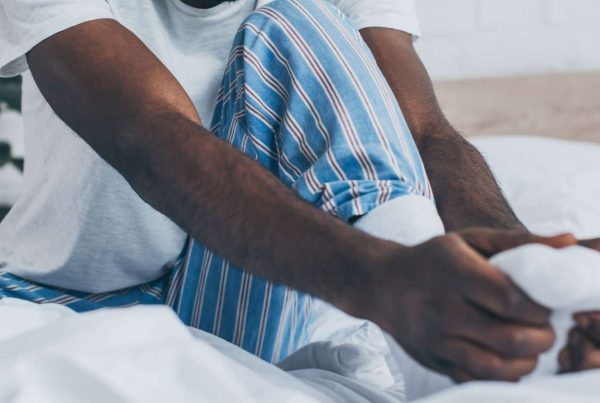Cigarette companies have a history of targeting the African American community, but this nicotine addiction counselor is fighting back, and helping others do the same.
Contributed by Jerome West MAR, MRE, ICPS, OCPC, LCDC III | Tobacco Prevention, Treatment & Research
It’s not a coincidence that Cleveland has one of the highest rates of smoking in the country. At upwards of 35%, it exceeds the national average. It’s also not a coincidence that nicotine use is higher in the African American community than among white people.
“We were targeted,” says Jerome West, the tobacco prevention, treatment, and research manager who started the Nicotine Dependence Prevention and Treatment Program (NDPTP) at MetroHealth.
In the 1980s and even into the 1990s, R.J. Reynolds Tobacco sent vans into urban communities in Cleveland and elsewhere, handing out free cigarettes. They also lowered prices of cigarettes in African American communities, sponsored festivals and other events, and donated to historically Black colleges and universities.
“They saw the African American community as an easy target,” West says. “They saw people with a high-stress level who live in poverty, and they gave them the illusion of feeling better.”
But of course, that was a lie.
West says some of the people he counsels are old enough to remember those vans. “They’ll say to me, ‘I remember when they put this in my community,’” he says. “It makes them angry.” He encourages them to use that anger productively, channeling it into efforts to quit smoking once and for all.
Battling Nicotine Addiction
West has been a substance use counselor for more than 20 years. Nicotine always felt especially dangerous to him because of how it kills people slowly. Then, when he went through training as part of the African American Tobacco Control Leadership Council, he learned the history of racial targeting. He launched a nicotine dependency program on his own and brought it to MetroHealth in 2023.
Since opening, counselors at the NDPTP have provided more than 1,200 visits. The most important thing is to meet people where they are and help them restructure their thoughts and behaviors around smoking.
“I just try to help people feel inspired and empowered that they can do it.”
How to Quit
You can get help from 9 a.m. to 9 p.m. on weekdays. Weekend and telehealth appointments are also available. Our team includes culturally relevant providers, including Spanish-speaking. Just take the first step, and you’ll be met with support.
It’s never too late to quit.
Nicotine Dependence Prevention and Treatment Program
Questions: Email Our Team | Call 216-778-3031 or visit: metrohealth.org/pulmonary-and-critical-care/freedom-from-smoking
